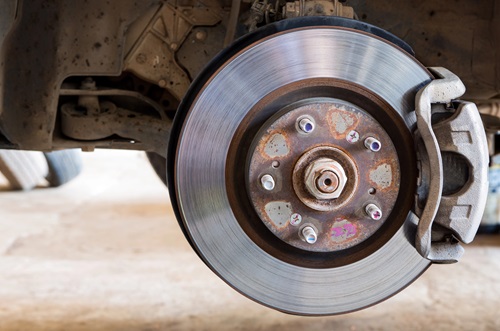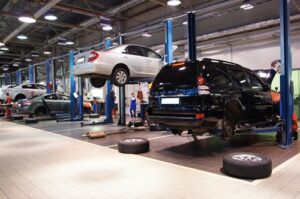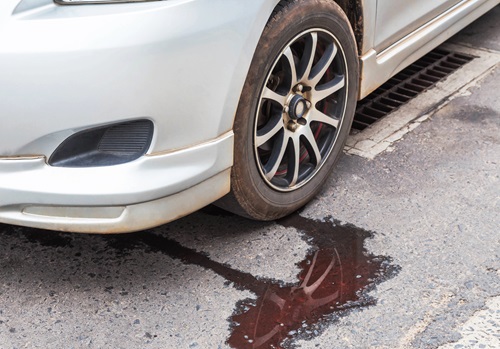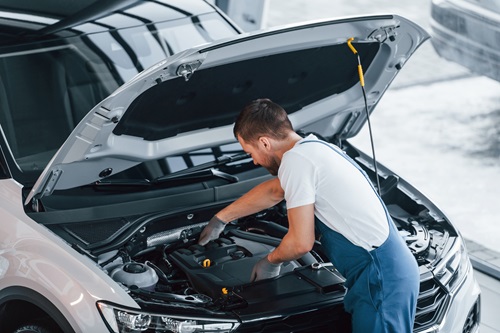
Dandridge, Tennessee, is a charming town nestled in the foothills of the Great Smoky Mountains. Known as the second oldest town in the state, Dandridge offers a rich historical backdrop combined with scenic natural beauty. The town is situated along the shores of Douglas Lake, providing residents and visitors alike with abundant opportunities for outdoor recreation, including boating, fishing, and hiking.
Dandridge’s historic downtown district boasts well-preserved architecture, quaint shops, and locally-owned restaurants that reflect the town’s heritage. A key landmark is the Jefferson County Courthouse, which dates back to the 19th century and serves as a reminder of the town’s deep-rooted history.
Visitors can explore nearby attractions like the Smoky Mountains National Park, Dollywood, and Pigeon Forge, all within a short drive. Despite its proximity to these popular destinations, Dandridge retains a peaceful, small-town atmosphere that makes it a perfect getaway for those seeking relaxation.
Known for its friendly community, Southern hospitality, and natural beauty, Dandridge is a hidden gem that combines history, outdoor adventure, and a close-knit community feel. Whether you’re seeking a weekend retreat or a place to call home, Dandridge offers a unique blend of charm and serenity.
How to Choose the Right Collision Repair Shop After an Accident

collision repair in Dandridge TN
When your vehicle is involved in a collision, you naturally want it repaired quickly and properly so you can get back on the road. But how do you choose the right repair shop, and how do they interact with your insurance provider? Understanding your options can make the process smoother and less stressful.
Below are important considerations when selecting and working with a collision repair shop after an accident.
Advantages of a Direct Repair Program (DRP)
Many insurance companies offer what’s known as a Direct Repair Program (DRP), as highlighted by the Insurance Information Institute (III). A DRP consists of a network of repair shops that have been approved by your insurer.
While you’re not required to use one of these shops—according to the National Association of Insurance Commissioners (NAIC)—there are some perks to choosing a repair facility that your insurance company recommends.
- Simplified Process
Using a direct auto repair shop can streamline the process, reducing paperwork and speeding up both repairs and payment since the shop already has an established relationship with the insurer. - Quality Control
Insurance companies vet these shops to ensure they meet certain quality standards, so you can feel confident in their expertise. - Extended Warranties
While many repair shops offer warranties on their work, when you choose a shop within your insurer’s network, your insurance provider might extend the warranty for as long as you own the vehicle. This added protection can offer peace of mind if future issues arise. - Convenience
Some DRP shops operate as “one-stop” facilities where you can get everything from an insurance estimate to the repair itself, all in one location. Some even provide rental cars on-site, further simplifying the process. - Priority Service
Since the shop has a partnership with your insurer, you may benefit from prioritized service, which could reduce the time it takes to get your vehicle back on the road.
Deciding to Use Your Own Mechanic or Body Shop
If you prefer to use a shop outside of your insurance company’s network, there are a few steps you can take to ensure you choose the right one.
- Get Referrals
Beyond the recommendations from your insurer, ask friends and family for suggestions. The Federal Trade Commission (FTC) advises that word-of-mouth from people you trust is one of the best ways to find reliable service. Also, check online reviews to get a sense of the shop’s reputation. - Look for Certifications
Make sure the shop you choose holds certifications from recognized organizations, such as the National Institute for Automotive Service Excellence (ASE), Inter-Industry Conference on Auto Collision Repair (I-CAR), or the Automotive Service Association (ASA). These certifications indicate that the technicians are well-qualified to perform high-quality repairs. - Assess the Shop’s Condition
As noted by Edmunds.com, reputable shops are typically busy and well-organized. If the shop is chaotic or dirty, it could be a sign of disorganization or lack of professionalism.
Navigating the Repair Process
Once you’ve chosen an auto repair shop in Corryton, there are a few things to keep in mind as your vehicle is repaired.
- Review the Estimate
Before any work begins, request a detailed written estimate, including labor and parts costs. If anything is unclear, don’t hesitate to ask for clarification, as suggested by the FTC. - Understand Parts Options
Not all repairs use original equipment manufacturer (OEM) parts. Some shops may use aftermarket parts made by third-party companies or even recycled OEM parts. Regulations on using these parts can vary by state, so make sure to discuss your preferences with the shop. Keep in mind that opting for OEM parts over aftermarket options could come with additional costs. - Check for Warranties
If you’re working with a shop outside of your insurance company’s DRP, make sure you understand their warranty policy. Get the details in writing to ensure you’re covered if future issues arise. DRP shops, on the other hand, often offer warranties backed by the insurance company, which can last for the life of the vehicle.
Finally, remember that as part of your claim, you’ll need to pay your deductible directly to the repair shop. Depending on the arrangement with your insurer, they may either pay the shop directly or reimburse you afterward. Once everything is sorted, you’ll be ready to get back on the road.
By following these steps and being informed about your choices, you can ensure a smoother experience after an accident, with your car safely repaired and back in action.
Had a recent accident? Don’t let the stress of collision repair slow you down! At Miller Brothers, we specialize in fast, reliable collision repairs that get you back behind the wheel in no time. With expert technicians, state-of-the-art equipment, and a commitment to quality, we ensure your vehicle looks and drives like new.
Miller Brothers Transmission Auto Repair and Body Shop
7123 Tazewell Pike
Corryton, TN 37721
(865) 689-5072
https://www.millerbrosautorepair.com/
Service areas include: All of Knox County, Corryton, Fountain City, Halls Crossroads, Powell and Knoxville






